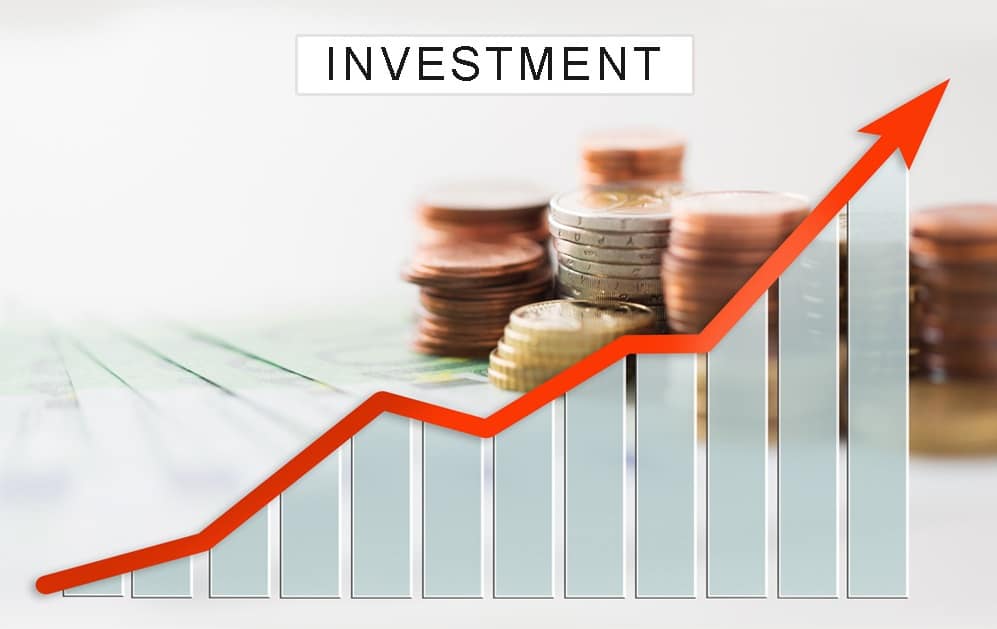Impact of U.S. Policies on Global Economy

January 30, 2025
The United States plays a crucial role in shaping global market trends due to its vast economic size, influential financial institutions, and significant policy decisions. The effects of U.S. monetary policies, trade agreements, regulatory changes, and geopolitical strategies extend far beyond its borders, impacting economies worldwide. Understanding these influences is essential for businesses, policymakers, and investors who operate in an interconnected global economy.
Monetary Policy and Interest RatesThe Federal Reserve (Fed) is one of the most influential institutions in the global economy. Its decisions on interest rates and monetary policy significantly impact global markets. When the Fed raises interest rates, borrowing becomes more expensive, strengthening the U.S. dollar. This makes dollar-denominated debt costlier for other countries, especially emerging markets, which may lead to capital outflows and currency depreciation. Conversely, lower interest rates result in increased global investment, liquidity, and economic growth.
For instance, in response to the financial crisis, the Fed implemented a series of interest rate cuts and quantitative easing measures. These policies led to a surge in global liquidity, affecting stock markets, bond yields, and commodity prices worldwide. Similarly, when the Fed started tapering its asset purchases in 2013, emerging markets experienced capital flight, causing economic instability in several countries.
Trade Agreements and TariffsU.S. trade policies play a decisive role in shaping global supply chains and international trade flows. Changes in tariffs, trade agreements, and economic sanctions can create disruptions in various industries, from technology and manufacturing to agriculture.
A prominent example is the U.S.-China trade war, which began in 2018. The imposition of tariffs on billions of dollars worth of goods led to price increases for businesses and consumers, shifts in production strategies, and significant changes in global supply chains. Countries dependent on trade with the U.S. and China had to adapt to new trade patterns and renegotiate economic partnerships to mitigate risks.
Similarly, the North American Free Trade Agreement (NAFTA) renegotiation resulted in the United States-Mexico-Canada Agreement (USMCA), which revised trade rules across key industries, impacting everything from auto manufacturing to agriculture.
Stock Market and Investor SentimentThe U.S. stock market serves as a barometer for global investor sentiment. Major indices like the S&P 500, NASDAQ, and Dow Jones Industrial Average influence investment decisions worldwide. A downturn in the U.S. market often triggers declines in other major stock exchanges due to interconnected financial systems and investor behavior.
Events such as the financial crisis, the COVID-pandemic, and shifts in Federal Reserve policy decisions have shown how global markets react to movements in the U.S. stock market. Companies, investors, and governments worldwide closely monitor earnings reports, economic indicators, and policy decisions in the U.S. to make strategic investment decisions.
Regulatory and Fiscal PoliciesChanges in U.S. tax policies, corporate regulations, and fiscal policies have significant consequences for multinational corporations and international investors. For example, corporate tax cuts introduced through the Tax Cuts and Jobs Act of made the U.S. a more attractive destination for business investment. This led to capital inflows, shifts in corporate strategies, and increased competition among global markets to attract foreign direct investment.
Additionally, environmental and financial regulations set by the U.S. influence global business standards. Policies on climate change, data privacy, and technology regulation often become benchmarks for other countries. For instance, U.S. policies on renewable energy and carbon emissions directly impact global energy markets and international climate agreements.
Geopolitical Influence and Global StabilityU.S. foreign policy decisions, including sanctions, military interventions, and diplomatic relations, have a profound effect on global markets. Sanctions on countries like Russia, Iran, and North Korea disrupt energy markets, international trade, and financial networks. Political instability, strategic alliances, and defense agreements influence investor confidence and economic stability worldwide.
For example, the Russia-Ukraine conflict led to severe disruptions in global energy markets due to U.S.-led sanctions on Russian oil and gas exports. This caused spikes in energy prices, affecting industries and consumers globally. Similarly, U.S. involvement in Middle Eastern conflicts impacts oil production and pricing, influencing inflation rates in various economies.
The Role of the U.S. Dollar in Global TradeThe U.S. dollar serves as the world’s primary reserve currency, playing a pivotal role in global trade and finance. Countries worldwide hold U.S. dollars in their foreign exchange reserves and conduct trade in dollar-denominated transactions. Changes in U.S. monetary policy or economic stability directly affect currency values, commodity prices, and global liquidity.
For example, during times of economic uncertainty, investors flock to the U.S. dollar as a safe-haven asset. This can lead to currency depreciation in other nations, increasing the cost of imports and exacerbating economic challenges in developing markets. Additionally, fluctuations in the dollar impact commodity prices, including oil, gold, and agricultural products.
ConclusionThe United States wields immense influence over global market trends through its economic policies, financial markets, and geopolitical strategies. Businesses, governments, and investors worldwide must closely monitor U.S. decisions to adapt to shifting economic conditions, mitigate risks, and capitalize on opportunities.
From interest rate adjustments and trade agreements to stock market fluctuations and geopolitical maneuvers, U.S. actions have far-reaching effects that shape the global economic landscape. Understanding these dynamics helps stakeholders navigate uncertainties, plan strategic investments, and make informed decisions in an interconnected world.
Meta Title: U.S. Economic Decisions and Global Market Trends
Meta Keywords: U.S. economy, global markets, trade policies, interest rates, stock market, fiscal policies, economic trends, geopolitical influence, monetary policy
Meta Description: U.S. economic decisions impact global markets through trade policies, interest rates, and regulations, shaping international financial trends and stability.
Title: U.S. Economic Decisions and Global Market Trends
Encode Title: u-s-economic-decisions-and-global-market-trends

Exploring the latest changes in U.S. investment policies and their impact
The U.S. investment landscape in 2025 is undergoing significant shifts due to economic policies, trade regulations, and financial reforms. This article explores key policy updates, their effects on investors, and future economic implications

Impact of U.S. Policies on Global Economy
U.S. economic decisions influence global markets through trade policies, interest rates, and regulations, shaping financial trends and international stability

Key Insights on Policy Shifts and Market Impact
Recent U.S. policy changes are reshaping investment landscapes. Investors must stay informed about regulatory shifts, economic trends, and potential risks

U.S. Fiscal & Monetary Impact on Investments
Explore how U.S. fiscal policies and monetary decisions shape investment trends, affecting markets and economic strategies

The Impact of U.S. Government Spending on Investments
Government spending plays a crucial role in shaping the investment market by influencing economic growth, stock prices, bond yields, and investor confidence

U.S. Growth and Investment Trends
Explore how investment strategies shape U.S. economic growth, influencing markets, businesses, and financial trends for long-term stability

Understanding U.S. Reforms and Their Impact on Investors
Recent U.S. reforms are reshaping investment strategies, affecting markets, businesses, and investor confidence. Learn how these changes influence financial decisions

Understanding the Impact of U.S. Policies on Investments
U.S. policies continue to evolve, significantly impacting investment landscapes. This article delves into the most important policy changes expected to shape investment decisions and market behavior in the coming years. From government regulations to fiscal strategies, we analyze how investors can navigate the challenges and seize new opportunities as U.S. policies unfold

Understanding the U.S. Influence on Global Investment Trends
U.S. policies and trends have a profound effect on global investment strategies. This article explores the key factors, including fiscal, monetary, regulatory, and technological changes in the U.S. that are influencing investment strategies worldwide. Global investors must adapt to U.S. policy shifts to stay competitive in the market
The Atlantic Daily
Get our guide to the day’s biggest news and ideas, delivered to your inbox every weekday and Sunday mornings. See more newsletters
.webp)
Ideas That Matter
Subscribe and support more than 160 years of independent journalism.
Subscribe